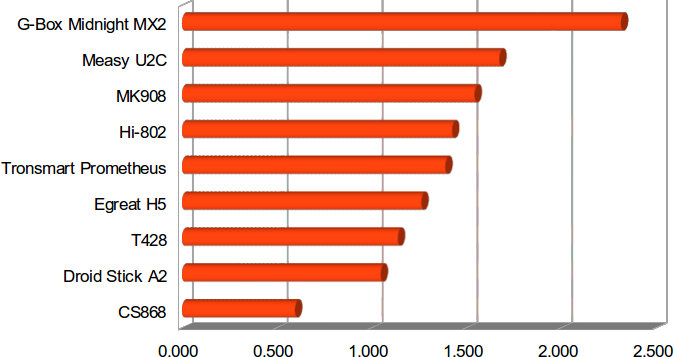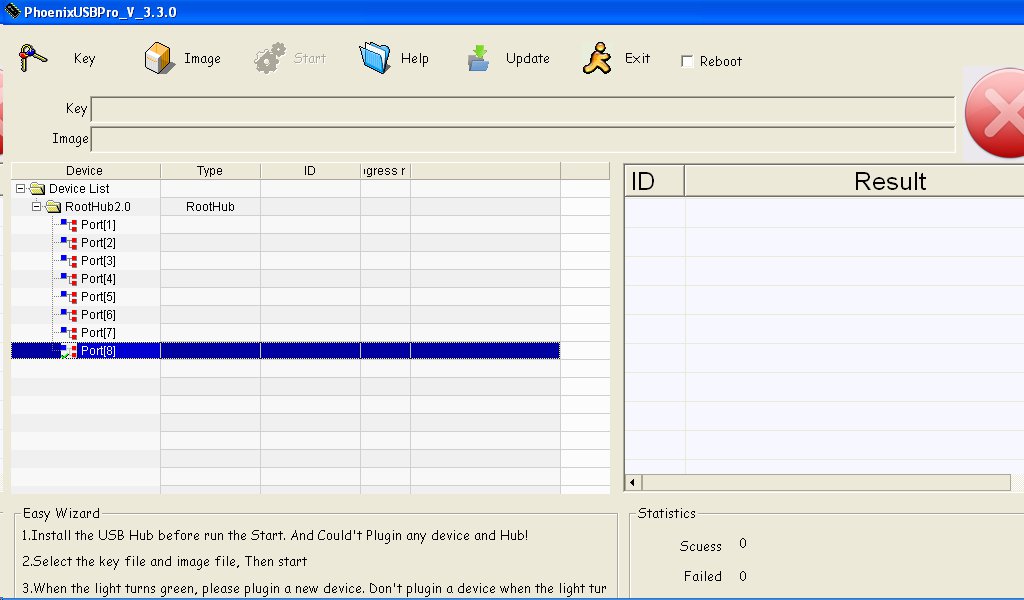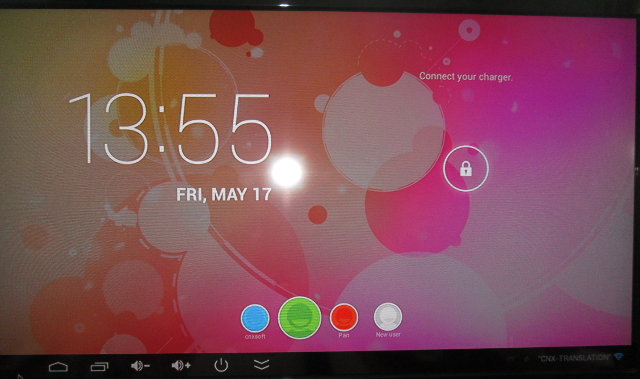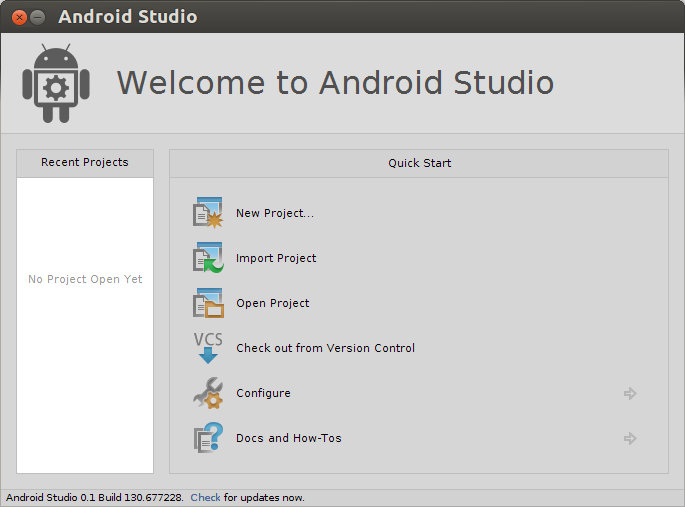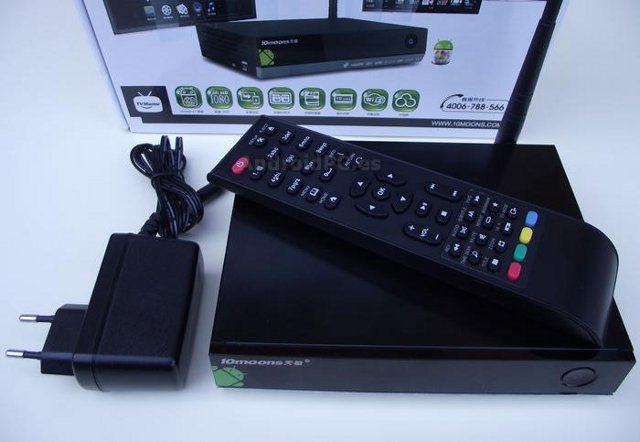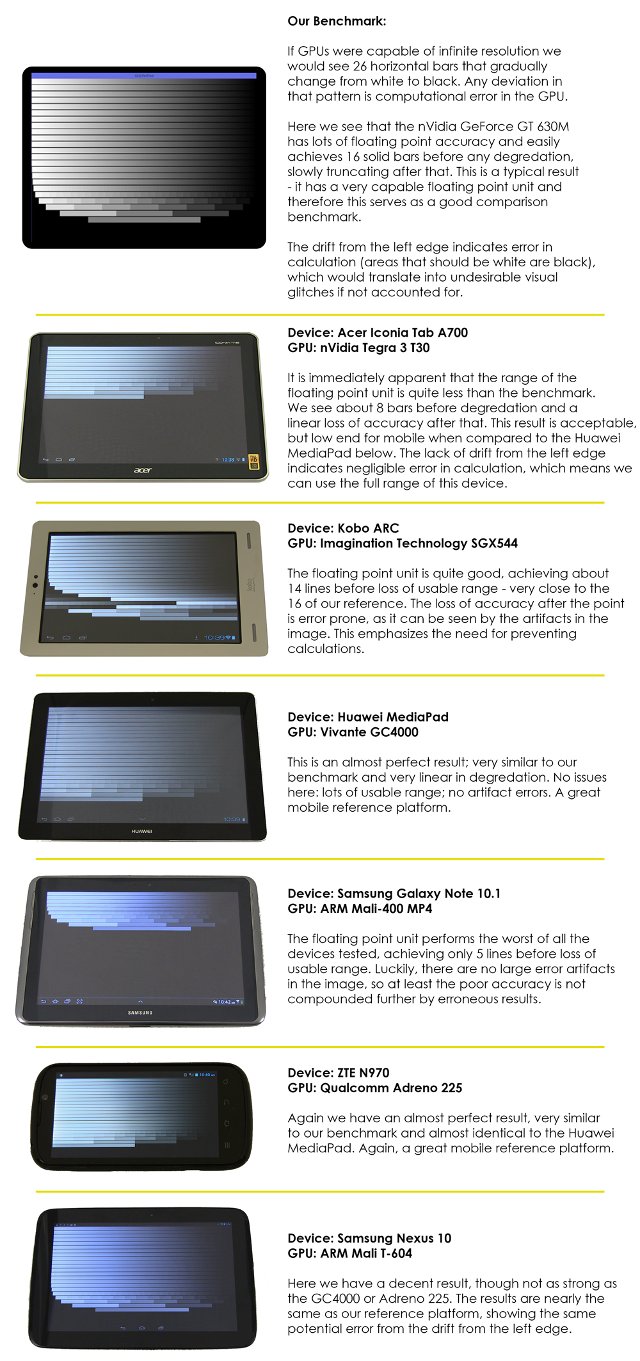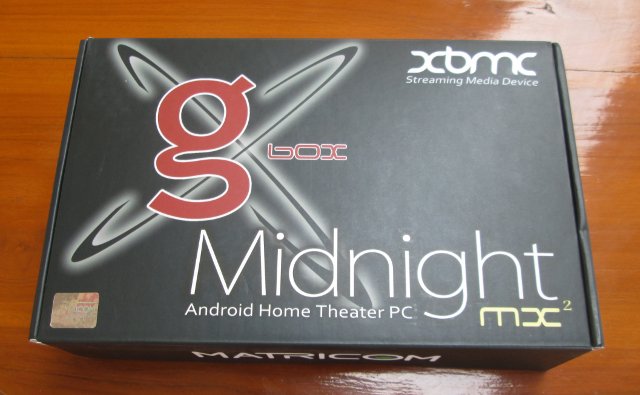If you’re mainly using your Android mini PC or STB to stream videos over the web or your local network, Wi-Fi performance is actually more important than CPU performance, and I’ve recently had quite a few issues with Wi-Fi with both T428 (RK3188 / Broadcom Wi-Fi module) and CS868 (AllWinner A31 / Realtek Wi-Fi module), which were only fixed after upgrading my router firmware. So I’ve decided to re-test most of the mini PCs I own with the upgraded router firmware, and the number are highly confusing, and I found out there’s probably be no easy to way to estimate the overall Wi-Fi performance of any device, and it’s most probably highly dependent on the router used, and its firmware version. My router is TP-LINK WR940N, a 300 Mbps Wireless N router with three antennas. Since I bought it, I had never upgraded the firmware (3.9.18 Build 100104 Rel.36350n) from […]
How-to Upgrade Firmware on AllWinner A31 mini PCs
I’ve just received a mini PC powered by AllWinner A31, and I had to (re-)install the firmware, so I’ll explain the steps I followed in this post. The procedure is for CS868 mini PC, but it should be similar for all Android HDMI TV dongles, and media players based on AllWinner A20 or A31.The procedure below only works in Windows, and has been tested in Windows XP. I’ll mention a possible method in Linux at the end of the post. Download the latest CS868 firmware and tools, and extract “cs868 firmware and update tool 20130507.rar” file Download PhoenixUSBPro tool in English, and extract This is optional as the Chinese version is included in rar file above. Double-click on PhoenixUSBPro/PhoenixUSBPro.exe to start the program Click on Update to upgrade the tool to the latest version if need be. Click on Key to to load the key file (AW_LCTOOLS.key), on Image to […]
My Attempt at Adding Multiple Users Support to Android 4.2 HDMI TV Sticks
A few day ago, I noticed MoDaCo posted instructions to enable multiple users support on Nexus 4 smartphone via Liliputing’s Lilbits. They indicate that it may also work on other Android 4.2 devices, so with more and more Android mini PCs and set-top box running the latest version of Android, but lacking. multiple user support, I decided to give it a try on Tronsmart T428. My little experiment did not end up being that successful despite the picture below. But who knows, maybe some of my clever readers will find a solution. The instructions below may “work” on any rooted Android 4.2 devices including smartphones, mini PCs, media players, etc… You’ll need to install 2 apks: Xposed Framework – Scroll down on this page, then download and install XposedInstaller_2.1.4.apk. Finally run the installer, and reboot. MoDaCo Toolkit Xposed module – A link on this page will let you download com.modaco.toolkit.apk. […]
Installing Android Studio IDE in Ubuntu – Hello World Application
Google I/O started yesterday, and Google released an early access preview version of Android Studio, a new IDE based on IntelliJ IDEA with drag-and-drop GUI layout editor, Gradle-based build system, Lint tools, the ability to preview how apps look on different screen sizes, and more. This may eventually replace the Eclipse + ADT Plugin combination currently used, so I’ve decided to give it a try in Ubuntu 13.04 64-bit, but it’s also available for Windows and Mac OS X. First, head over to Android Studio Installation instructions, and download Android Studio for you operating system via your Browser (You’ll have to accept an EULA), then open a terminal to extract it:
|
1 |
tar xvf ~/Downloads/android-studio-bundle-*.tgz |
Now let’s start Android Studio:
|
1 2 3 4 5 6 7 8 9 10 11 12 |
cd android-studio/bin/ ./studio.sh OpenJDK Runtime Environment (IcedTea 2.3.9) (7u21-2.3.9-1ubuntu1) OpenJDK 64-Bit Server VM (build 23.7-b01, mixed mode) OpenJDK 64-Bit Server VM (build 23.7-b01, mixed mode) WARNING: You are launching the IDE using OpenJDK Java runtime. ITS KNOWN TO HAVE PERFORMANCE AND GRAPHICS ISSUES! SWITCH TO THE ORACLE(SUN) JDK BEFORE REPORTING PROBLEMS! NOTE: If you have both Oracle (Sun) JDK and OpenJDK installed please validate either STUDIO_JDK, JDK_HOME, or JAVA_HOME environment variable points to valid Oracle (Sun) JDK installation. See http://ow.ly/6TuKQ for more info on switching default JDK. Press Enter to continue. |
And I did press enter to continue, but Android Studio complained about JAVA_HOME no being defined. Let’s just install Sun Oracle JAVA JDK since this is the recommended method. I’ve used the […]
Review of Bluetimes MX5 Android 4.2.2 Set-top Box
Bluetimes MX5 is an Android 4.2.2 set-top box powered by AMLogic AML8726-MX that costs around $70, or about $30 less than devices with similar hardware such as G-Box Midnight MX2 or Tronsmart Prometheus. AndroidPC.es got hold of one sample, also called 10moons D6, took some pictures and reviewed the devices for us. Bluetimes MX5 Unboxing The package contains the media player, an RF remote control and a power adapter, but no cables, which is one way to save on costs. Looking at the rear panel of the device front left to right, we can see an external Wi-Fi antenna, the 5V power jack, one USB port, a composite RCA connector and stereo RCA output, an Ethernet RJ45 port, HDMI output, and SPDIF output. An SD card slot and another USB host port are located on the front panel. So Bluetimes MX5 just has 2 USB ports, which is a bit […]
Vivante GC4000 is The Best Mobile GPU… When It Comes to Accuracy
Most of the time, mobile GPU comparisons involve benchmarks such as Antutu, Nenamark 2, etc…, or people may consider which games will be able to run smoothly with a particular device, but we seldom compare image quality, for the simple reason it’s usually more difficult to achieve. YOUi Labs has just done that, however, by running the shader code below on several hardware platforms, mainly Android tablets, with the most common mobile GPUs, and used the results obtained with a Desktop PC GPU, Nvidia Geforce GT 630M, has a reference.
|
1 2 3 4 5 6 7 8 9 10 11 12 13 14 |
precision highp float; uniform vec2 resolution; void main( void ) { float x = ( 1.0 – ( gl_FragCoord.x / resolution.x )); float y = ( gl_FragCoord.y / resolution.y ) * 26.0; float yp = pow( 2.0, floor(y) ); float fade = fract( yp + fract(x) ); if(fract(y) < 0.9) gl_FragColor = vec4( vec3( fade ), 1.0 ); else gl_FragColor = vec4( 0.0 ); } |
Here are the results: The worst GPUs are Mali-400 MP4 in Exynos 4412 and Geforce ULP in Tegra 3, which can respectively only show 5 and 8 lines before degradation, and the top two GPUs are Qualcomm Adreno 225 in MSM8660A, and Vivante GC4000 in HiSilicon K3V2 processor. Imagination Technologies SGX544 and ARM Mali-T604 also provide decent results, but […]
Matricom G-Box Midnight MX2 Android TV Box Review
Matricom sent me one of their latest G-Box Midnight MX2 media player based on AMLogic AML8726-M6, with 1GB RAM, 8 GB flash, running Android 4.2, and with full support for XBMC. This is an update of the G-Box Midnight based on AML8726-M3 which supports XBMC in Android, as well as XBMC Linux thanks to community builds. Specifications: SoC – Amlogic AML8726-MX Dual Core Cortex A9 CPU + dual core Mali-400 GPU System Memory – 1GB DDR3 RAM Storage – 8GB Flash + SD card slot (Up to 32GB) Video Output – HDMI v1.4, composite (CVBS) and component (YUV) Audio Output – HDMI, AV, and SPDIF Connectivity – 802.11b/g/n internal Wifi + 10/100 Ethernet Port USB – 4x USB 2.0 Ports (1 might be OTG) IR sensor Power Supply – 5V/2A The hardware and software is very similar to Tronsmart Prometheus (See review), as both are based on AML8726-MX, run Android […]
How to Flash Firmware to Rockchip RK3188 HDMI TV Sticks
Yesterday, I’ve received MK908 mini PC featuring Rockchip RK3188, and a new firmware is available, so before further testing I’ll flash the firmware to the device basically using the instructions from Geekbuying. This method use standard Rockchip tools, so it should work for any RK3188 devices. But first a little rant. Those instructions only work on Windows operating systems, so if you’re using Linux or Mac, you’re out of luck until you find a Windows PC, or launch Windows in a virtual machine. This method should just be used in case the device can’t boot, or you have serious issue with the device firmware, but it is also used for firmware upgrade for Rockchip mini PCs. This is just wrong. Typical users should not be asked to install software and drivers, press the recovery button, just to upgrade their firmware. The best very way would be OTA updates, but maybe this […]


